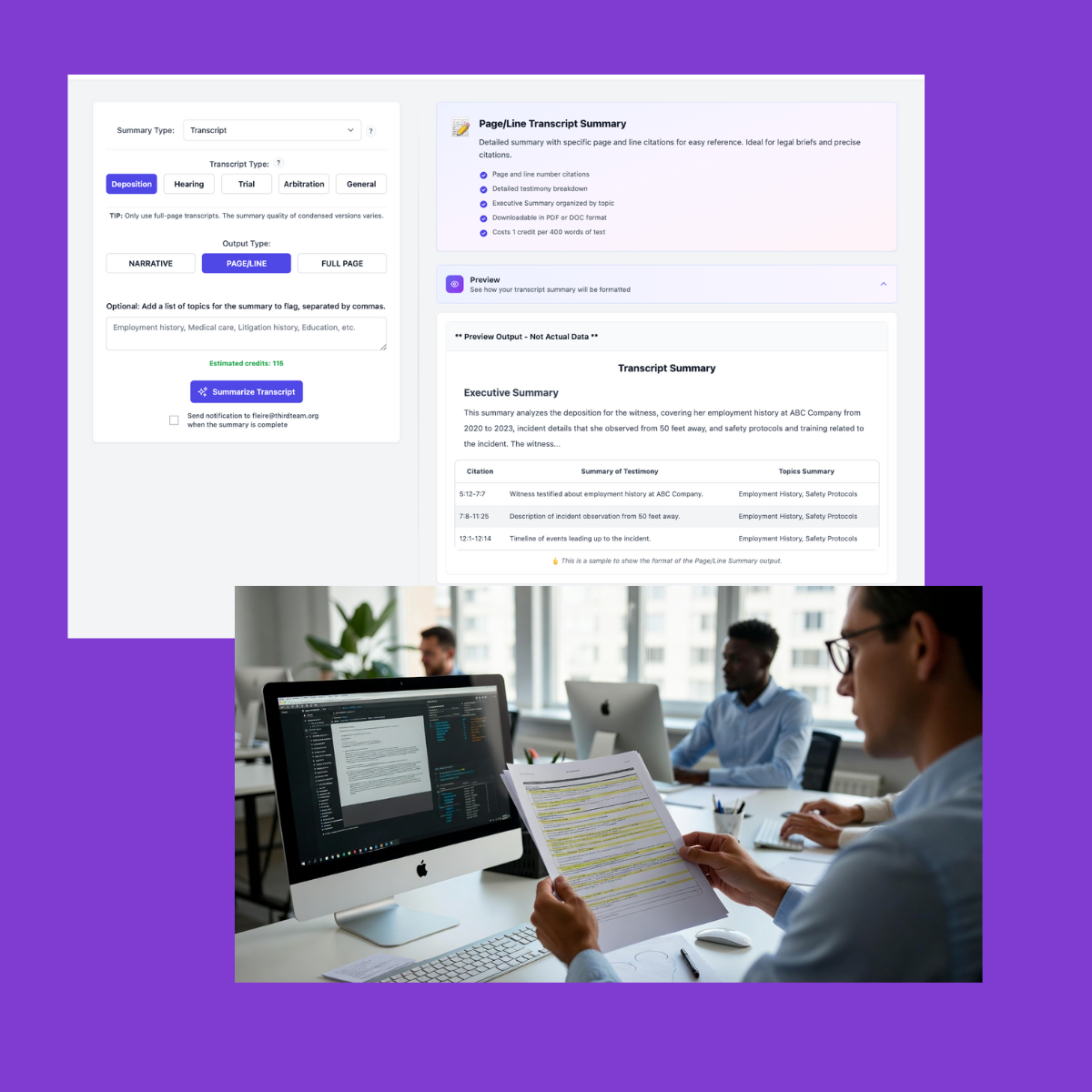
Rules Governing Depositions: Navigating the Legal Framework

Depositions, a critical phase in the discovery process of litigation, are governed by a comprehensive set of rules designed to ensure fairness, efficiency, and decorum. These rules, which vary slightly between jurisdictions but are broadly similar, dictate how depositions are scheduled, conducted, and utilized in both state and federal courts. Understanding these rules is crucial for legal practitioners to navigate the deposition process effectively.
Federal Rules of Civil Procedure (FRCP)
At the federal level, the rules governing depositions are outlined in the Federal Rules of Civil Procedure (FRCP), particularly in Rules 30 and 31. These rules cover oral and written depositions, respectively, setting standards for notice, conduct, examination, and use of depositions in court proceedings.
Notice Requirements
- Timing and Form: Rule 30(b)(1) requires that reasonable written notice be given to every other party before a deposition is taken. The notice must state the time and place of the deposition and the name and address of each person to be examined.
- Recording Methods: If the deposition is to be recorded by non-stenographic means, such as video, the notice must specify the method of recording.
Conduct of Depositions
- Oath and Examination: Under Rule 30(c), the deponent must testify under oath, and the examination and cross-examination of deponents follow the rules applicable to open court proceedings.
- Objections: Rule 30(c)(2) allows for objections to be made during depositions, but these objections typically do not prevent the deposition from proceeding. The objections will be ruled upon later if the deposition is introduced as evidence.
Limitations and Sanctions
- Duration: Rule 30(d)(1) limits a deposition to one day of 7 hours unless otherwise agreed upon by the parties or ordered by the court.
- Sanctions: Rule 30(d)(3) provides that the court may impose sanctions on persons impeding, delaying, or frustrating the fair examination during a deposition.
Use of Depositions in Court Proceedings
- Rule 32 outlines the conditions under which deposition testimony can be used in court, including using depositions to contradict or impeach the testimony of the deponent as a witness, for any purpose if the court finds that the witness is dead, resides more than 100 miles from the place of hearing, is unable to attend or testify because of age, illness, infirmity, or imprisonment, or cannot be procured by subpoena.
State Rules
While the FRCP provides a template, state rules regarding depositions can vary. Most states have adopted rules that mirror the FRCP, but practitioners should consult local rules for specific requirements and nuances in state court proceedings.
Special Considerations
- Depositions Under Special Circumstances: Special rules may apply for depositions in complex litigation, for depositions taken in foreign jurisdictions, and for depositions of organizations under Rule 30(b)(6), which requires the organization to designate one or more officers, directors, or managing agents to testify on its behalf.
- Ethical Considerations: Attorneys must also adhere to ethical standards during depositions, avoiding practices that obstruct the deposition process or harass the deponent.
Conclusion
The rules governing depositions provide a framework that balances the need for thorough discovery with the rights of witnesses and parties to be treated fairly. For legal professionals, mastery of these rules is not just about legal compliance; it's about leveraging the deposition process to build a strong foundation for their case strategy while ensuring the integrity of the litigation process. As such, staying informed about the rules and understanding their practical application is indispensable for effective legal practice. And for legal professionals looking for tools to improve their use of depositions in litigation, be sure to check out Dodonai's deposition summary services and transcript management software.
Try Dodonai Free










.png)















